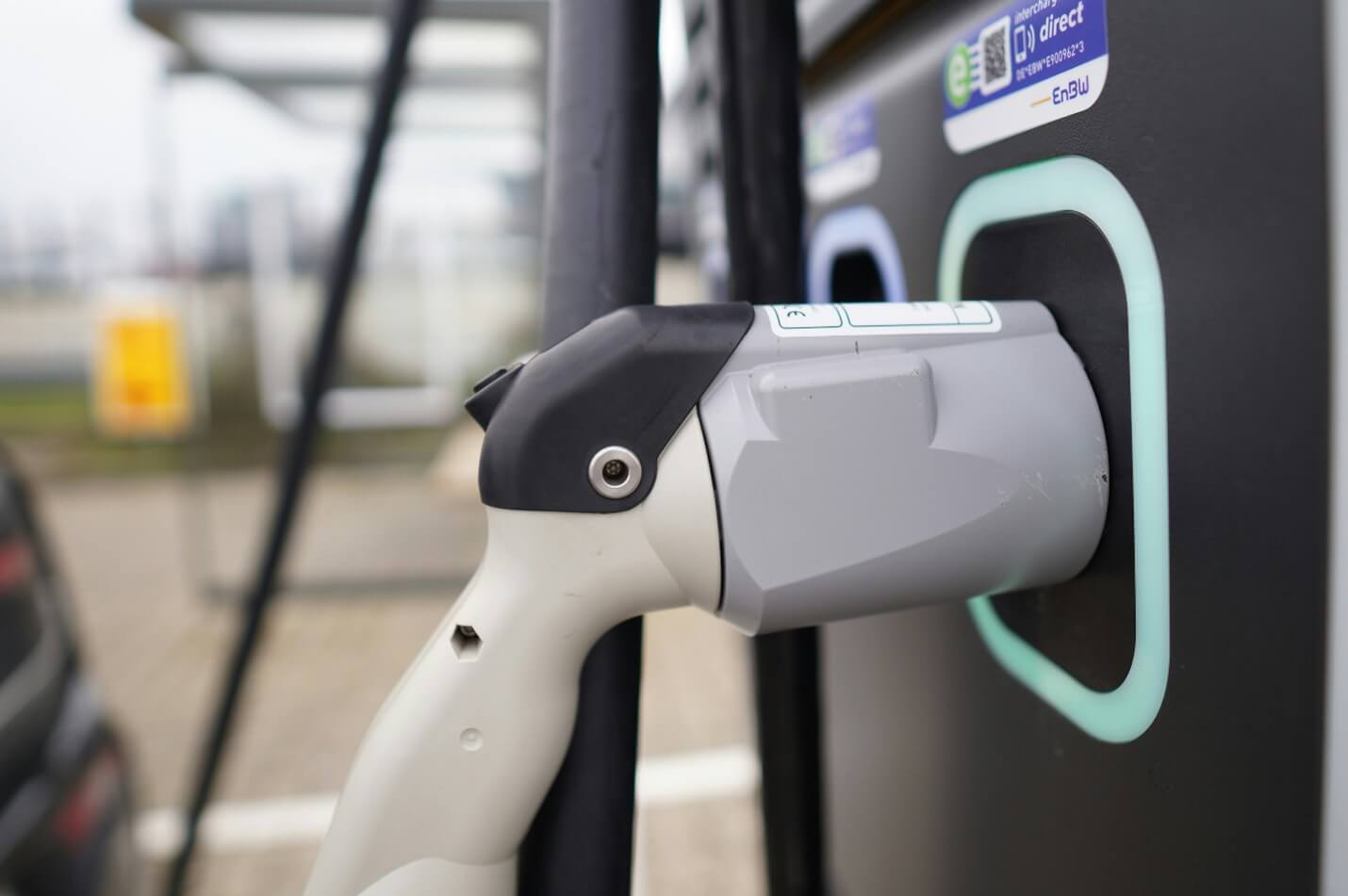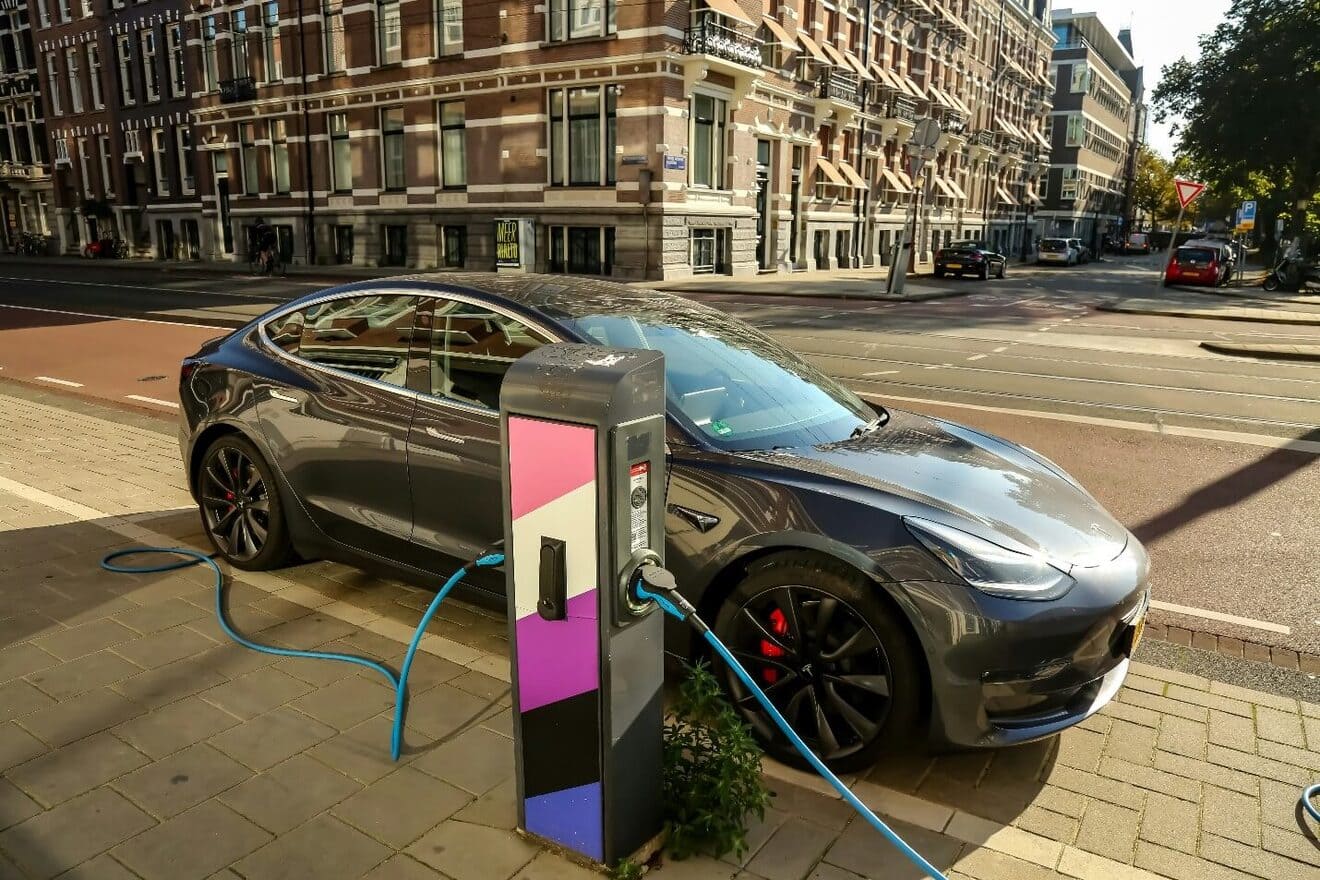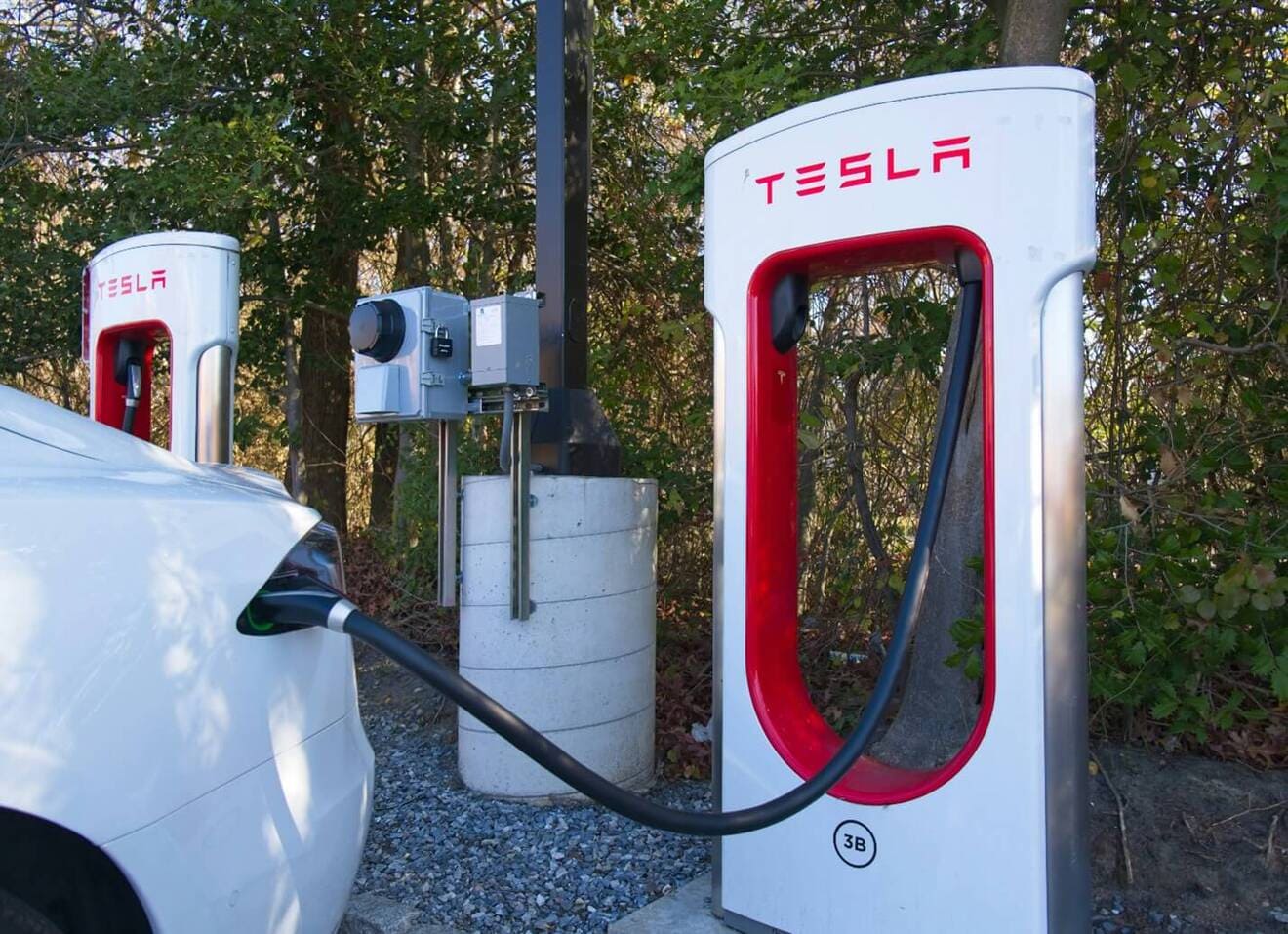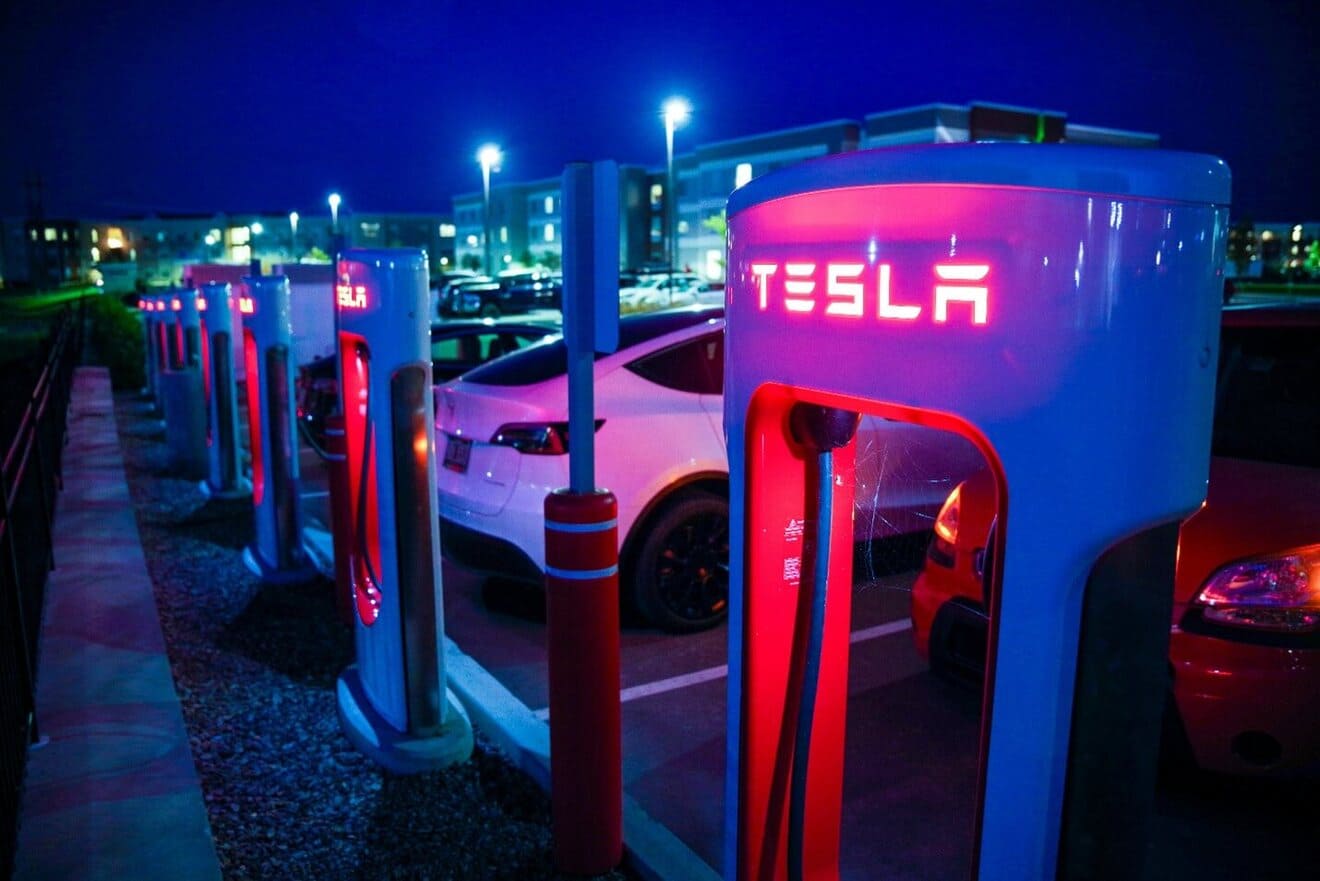With the increasing prevalence of electric vehicles (EVs), the importance of reliable and efficient infrastructure to charge their batteries has grown. Designed to meet these needs, electric vehicle charging stations allow EV users to charge their vehicles safely and quickly.
What is an Electric Vehicle Charging Station?
An electric charging station is a device used to charge the batteries of electric vehicles. These stations consist of charging units that take energy from the electrical grid, convert it appropriately for the electric vehicle's batteries, and transmit it. Just like fuel stations for gasoline vehicles, charging stations are energy refueling points for electric vehicles.
Operating Principle of Electric Vehicle Charging Stations
The operating principle of an electric vehicle charging station is quite simple:
- Electricity Intake: The answer to the question "Where does an electric charging station get its electricity from?" is directly from the electrical grid or from green energy sources such as solar or wind power. The charging station receives alternating current (AC) from the electrical grid.
- Conversion: The station converts this AC into direct current (DC) that the electric vehicle's battery can accept, or it can charge directly with AC. This conversion process is carried out via a converter (inverter) inside the station.
- Energy Transfer: The converted DC is transferred to the electric vehicle's battery via the charging cable.
- Control and Monitoring: The charging process is continuously monitored and controlled by the station. The charging process stops automatically when the battery is full or if any problem is detected.
How Does an Electric Vehicle Charging Station Work?
The operation process of electric car charging stations consists of the following steps:
- Energy Source Connection: The electric vehicle is connected to the charging station with a suitable charging cable.
- Authentication: Some charging stations use a card or a mobile application like ChargeIQ to verify the user's identity.
- Charging Process: The charging station converts the AC received from the electrical grid to DC or transfers electricity directly via AC to the vehicle's battery.
- Monitoring and Control: The charging process is continuously monitored and controlled by the station. The charging process stops automatically when the battery is full or if any problem is detected.
- Payment: Commercial charging stations charge based on the amount of energy used and tariff prices. Additionally, through the ChargeIQ mobile application, you can charge your vehicle and make payments, or access the tariff prices of the stations.

What are the Types of Electric Charging Station Units?
Electric vehicle charging stations are divided into different categories based on their charging speeds and the type of current used:
- Level 1 Charging (Slow Charging/AC Charging): This is charging done with standard household outlets. It generally requires a long charging time.
- Level 2 Charging (Medium Speed Charging): Done with dedicated charging stations or wall-mounted charging units. It offers faster charging capability.
- Level 3 Charging (Fast Charging/DC Charging): Provides much faster charging capability using direct current (DC). It is particularly preferred for long journeys.

Where Can Electric Cars Be Charged?
There are various locations where you can charge your electric vehicles. These locations allow you to easily charge your vehicle when leaving home, at your workplace, or during your travels. Furthermore, availability varies depending on the prevalence of charging stations.
- Homes
- Workplaces
- Shopping malls
- Parking lots
- Fuel stations (some)
- Public charging stations
- Highways

The Proliferation of Charging Stations
With the proliferation of electric vehicles, the number of charging stations is also increasing rapidly. It is now possible to find electric vehicle charging stations in shopping malls, parking lots, gas stations, and even some workplaces. Additionally, with ChargeIQ, you can view all stations and check their availability. This situation reduces range anxiety for electric vehicle users, offering a more comfortable and secure driving experience.
Electric vehicles (EVs) offer significant contributions to sustainability in the transportation sector. They provide an environmentally friendly alternative due to lower carbon emissions and higher energy efficiency compared to fossil fuel vehicles. Consequently, electric vehicle charging stations will play a vital role in the future of transportation and contribute to a sustainable world.










